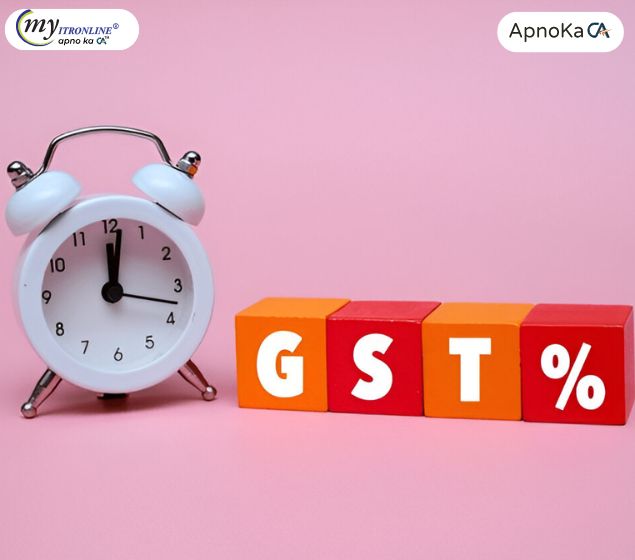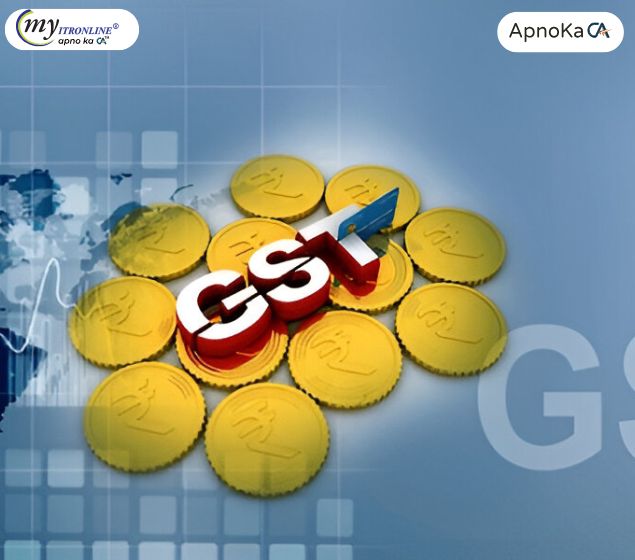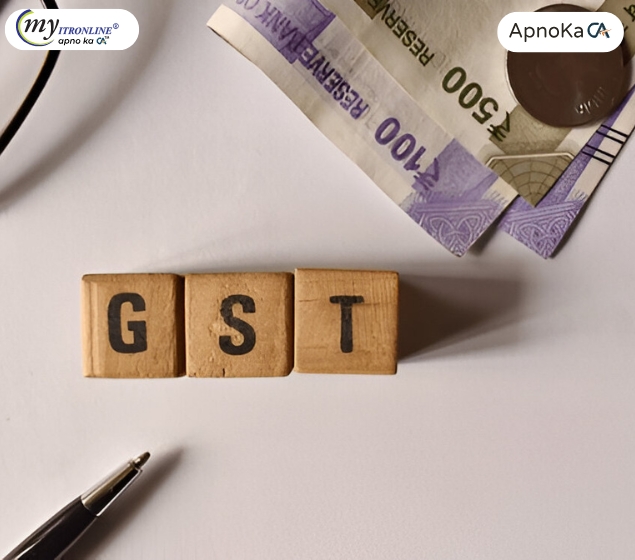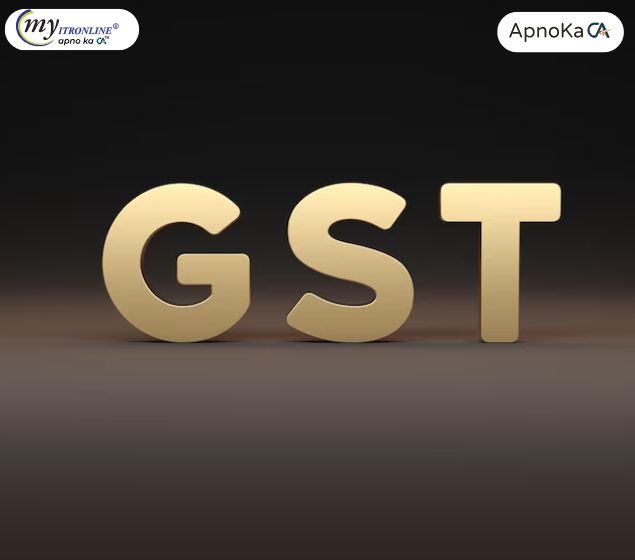# gst
12 posts in `gst` tag

New GSTN Rule: Consolidated B2C HSN Summary Required in GSTR-1
The recent Infosys GSTN update has made it mandatory to include a consolidated HSN (Harmonized System of Nomenclature) summary for all B2C (Business-to-Consumer) transactions in GSTR-1 filing. Earlier applicable mainly to B2B and high-value B2CS invoices, this significant change now requires businesses to classify and report even small B2C sales by HSN code. The update aims to improve transparency, data accuracy, and tax compliance. This blog details the key implications for businesses, steps for reporting the B2C HSN summary in Table 12 of GSTR-1, HSN digit requirements, and best practices to ensure seamless compliance under the new GST regime.
.jpg)
Attention GST Filers: Understanding GSTN's May 2025 Advisory on GSTR-3B Table 3.2
This post explains the GSTN advisory from May 2025 regarding Table 3.2 of GSTR-3B. It covers the table's purpose (reporting inter-state supplies to unregistered persons, composition taxpayers, and UIN holders), the previous plan for auto-population and making the table non-editable, the recent deferral of this change due to taxpayer feedback, and highlights the continued importance of accurate GSTR-1 filing despite Table 3.2 currently remaining editable. It serves as a guide for GST filers on this specific clarification.

GST Appeal Withdrawal Waiver Scheme: Key Advisory Details for Taxpayers
This blog post provides a detailed analysis of the recent GST Advisory concerning the Appeal Withdrawal Waiver Scheme. It explains the scheme's purpose, highlights the significance of the advisory, outlines the expected key points including eligibility and procedure, details the implications of withdrawal, and offers actionable steps for taxpayers considering this option to resolve pending GST disputes.

GST Refund Process for Deemed Export Buyers: An In-Depth Look with GSTN Updates
This blog post provides an in-depth guide on navigating GST refunds for recipients of deemed exports, drawing insights from recent GSTN advisories. It covers the definition of deemed exports, the importance of GSTN guidance, the step-by-step refund filing process, essential documentation, common challenges, and how to stay updated.

Invoice-wise Reporting Feature in Form GSTR-7: An In-Depth Analysis
This blog post provides a detailed analysis of the newly introduced invoice-wise reporting feature in Form GSTR-7 under GST. It explains the changes, benefits for both deductors and deductees, the current implementation status, and how businesses can prepare for this significant update in TDS reporting.

GST Registration Headaches? CBIC Unveils New Email Grievance Fix!
This blog post details the new email-based grievance redressal mechanism introduced by CBIC via Instruction No. 04/2025-GST (May 2, 2025). It addresses challenges like delays and improper queries during GST registration under Central Jurisdiction. Learn how to file grievances using dedicated Zonal email IDs, the required information (ARN, Jurisdiction, Issue details), handling of state cases, and the accountability via monthly reporting to DGGST.

CBIC Officially Notifies GST Appellate Tribunal (Procedure) Rules, 2025
The CBIC has notified the GST Appellate Tribunal (Procedure) Rules, 2025, effective April 24, 2025. These rules establish a detailed framework for the GSTAT, emphasizing mandatory e-filing via a dedicated portal, allowing hybrid hearings, and setting clear timelines. Key features aim to streamline GST dispute resolution, ensuring transparency, efficiency, and faster processing of appeals, thereby reducing the burden on High Courts and boosting taxpayer confidence.

Official Clarification: UPI Transactions Above 2,000 Remain GST-Free
The Indian government affirms there is no GST on UPI transactions exceeding 2,000. This post clarifies that the confusion arose from NPCI's March 2023 introduction of interchange fees (up to 1.1%) specifically for merchant payments over ₹2,000 made via PPI wallets; this fee is not GST and isn't paid by customers. Standard bank-to-bank UPI remains free due to the MDR waiver. The government actively supports UPI growth through incentive schemes.

What's New in GST Registration? Breakdown of the April 2025 CBIC Circular
This blog post details the updated GST registration guidelines issued by the CBIC on April 17, 2025. It explains the challenges faced by businesses, outlines the typical solutions introduced (like risk-based approaches, standardized procedures, and clearer rules for verification), discusses the anticipated benefits such as faster processing and reduced compliance burden, and advises businesses on navigating the new regulations effectively. The goal is to clarify how these changes aim to simplify the process and reduce harassment, thereby improving the ease of doing business in India.

Updated 18% GST Regulation for Hotel Dining (Room Tariff Exceeding 7,500): Comprehensive Guide for 2025
An in-depth examination of the new 18% GST regulation for restaurant services within hotels where room rates surpass 7,500 per day, set to take effect in April 2025. This includes an overview of classification guidelines, effects on consumers, implications for the industry, and the reasoning behind the government's decision.

Important Update: IRN Generation to Become Case-Insensitive from June 1, 2025
The GSTN requires that starting June 1, 2025, IRN generation for invoices be case-insensitive, which will involve converting all invoice numbers to uppercase to avoid duplication. Companies need to adjust their systems accordingly to ensure easier compliance with this new requirement.
.jpg)
Regulatory & Tax Compliance Calendar for FY 2025-26: Important Due Dates
A detailed month-by-month overview of statutory deadlines for Income Tax, GST, TDS, PF, ESI, and ROC submissions in the fiscal year 2025-26 (April 2025–March 2026) to guarantee compliance and prevent penalties.
